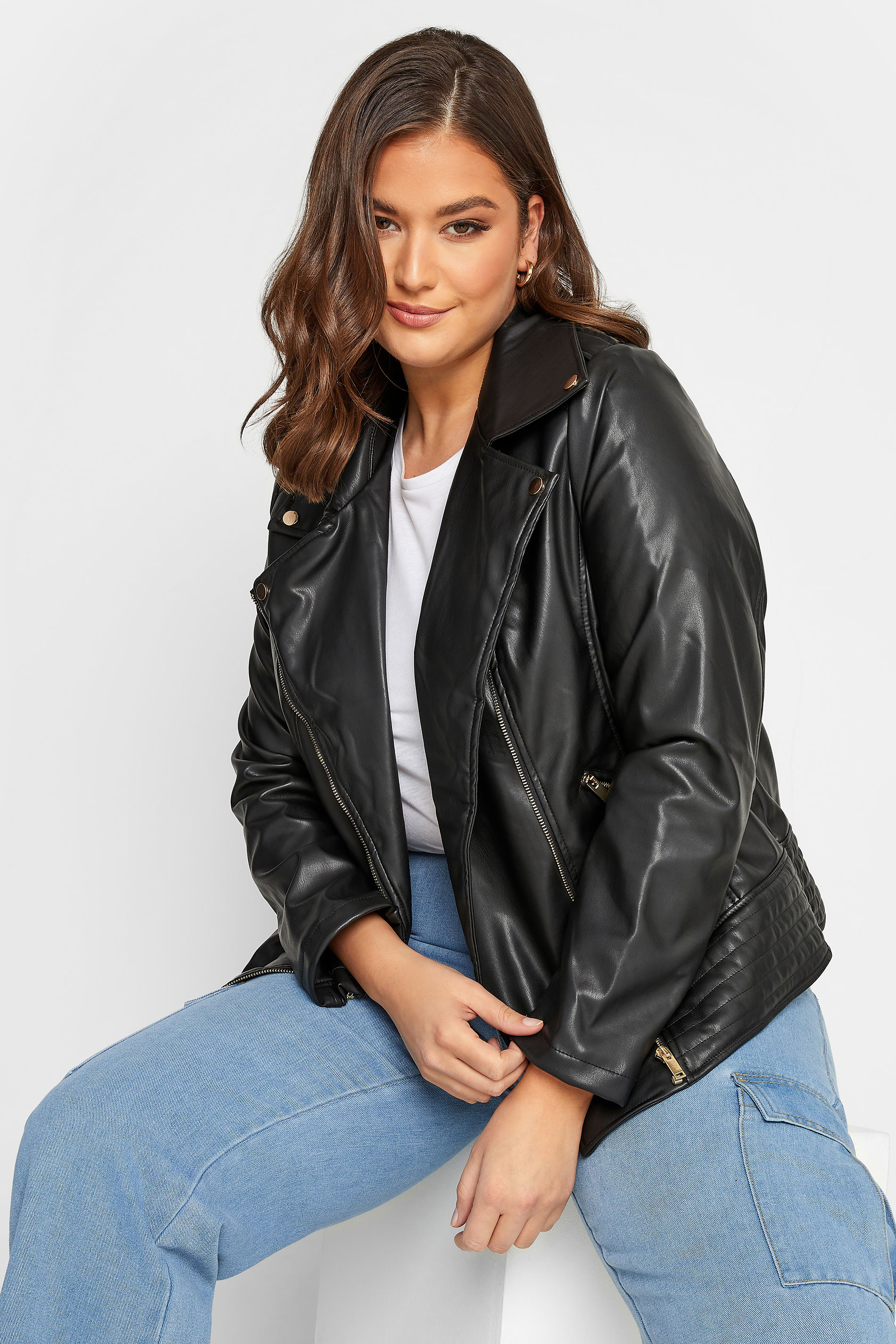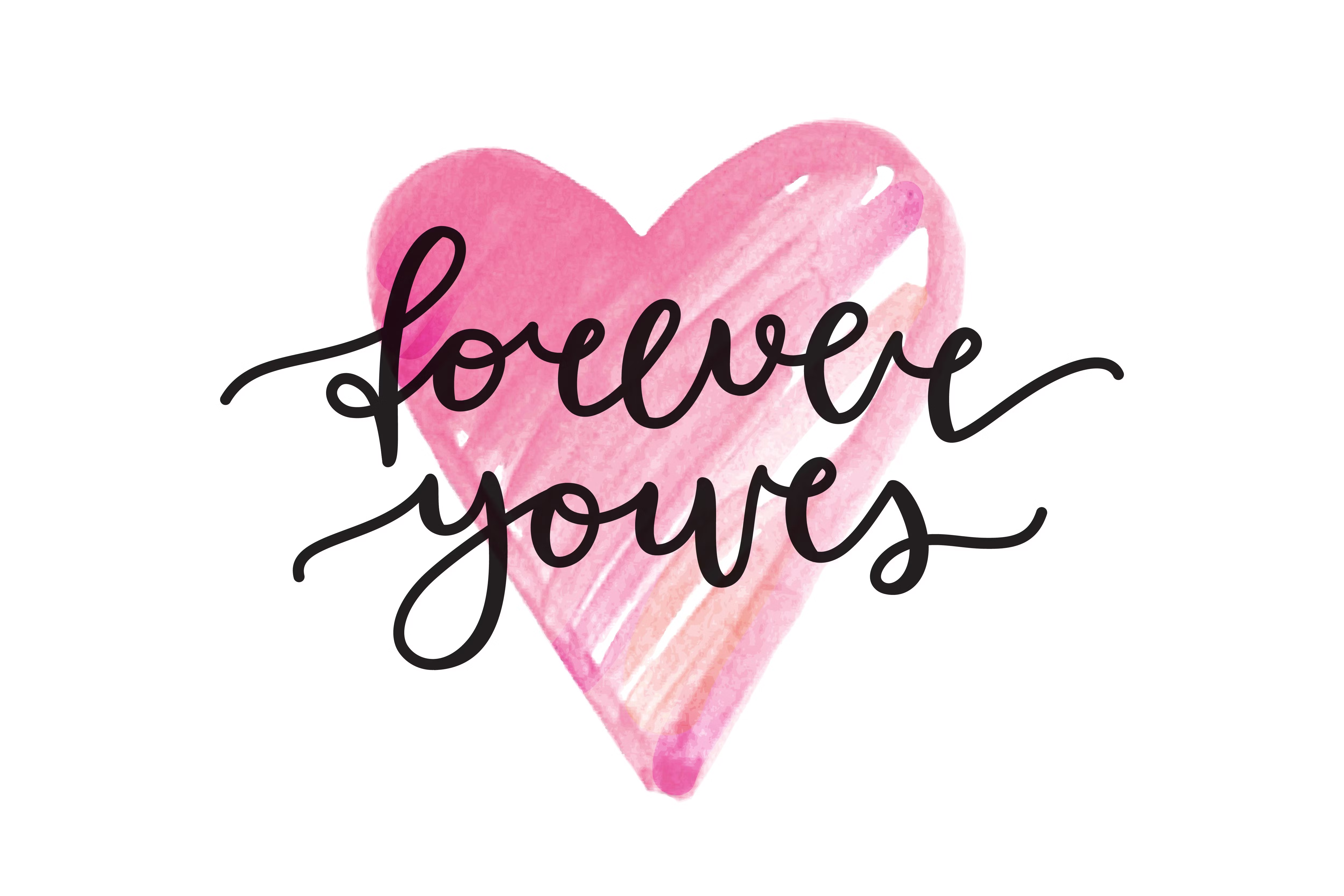Yours Post Malone - Connecting What Belongs
Have you ever stopped to think about how we talk about things that belong to someone else, especially when we're speaking directly to them? It's a pretty interesting part of how we put words together, you know, when we want to make it clear who something goes with. When we use a word like "yours," we're really pointing to something that belongs to, or is connected with, the person right in front of us, the one we're having a chat with. So, whether it's a favorite hat, a particular song, or even just a feeling, "yours" helps us make that link, showing that it's all about them. It's a way we show connection, a way we assign ownership without having to say a lot more.
Think about it this way, when someone says "that's yours," they're not just making a statement; they're actually creating a bond between a thing and a person. It's about saying, "this item, this idea, this quality—it's got your name on it, in a way." This little word carries a lot of weight in everyday conversation, helping us sort out who has what, or who is linked to what. It’s pretty fundamental to how we communicate about belongings and connections, and it pops up all the time, more or less, in all sorts of different talks.
And this idea of something being "yours" can even extend to things that aren't physical, like a particular style or a certain kind of energy. For instance, when we talk about a unique way someone expresses themselves, that particular expression can be described as "yours," meaning it's characteristic of them. It's a simple word, yet, it does a big job in showing possession or association, making our conversations flow a little more smoothly.
Table of Contents
- What is "Yours" Anyway? Understanding Possession with Yours Post Malone
- How Does "Yours" Show Who Owns What?
- The Nuance of "Your" Versus "Yours" - It's Not Just a Little Change
- When Does "Yours" Truly Belong? Looking at Yours Post Malone Connections
- Why Can Pronouns Be a Bit Tricky?
- The Way "Yours" Stands Alone - A Look at Yours Post Malone Style
- Putting "Yours" into Everyday Talk
- More on How "Yours" Works - Thinking About Yours Post Malone Vibes
What is "Yours" Anyway? Understanding Possession with Yours Post Malone
So, let's get down to what "yours" actually means and how we use it. Basically, it's a word we use when we're talking about something that belongs to the person we're speaking to directly. Think of it as a special kind of pointer word, one that says, "this thing right here, it's connected to you." It's a way to refer to items or ideas that are associated with the person or people we're addressing at that moment. For example, if you're talking to someone and you see a cool jacket, you might say, "Is that jacket yours?" You're asking if it belongs to them, pretty simply.
This word is what we call a second-person possessive pronoun. That sounds a bit formal, I know, but all it really means is that it's a stand-in word that shows possession for "you." It's used when you're talking about something that is linked to the person you are speaking with. This can be a physical item, like a car or a book, or it could be something less tangible, like a particular way of thinking or a personal characteristic. It's quite versatile, actually, and it helps us keep our sentences from sounding repetitive. For instance, if you're chatting with a friend about their plans, you might ask, "Are these ideas yours?" It's a way to confirm ownership of thoughts, in a manner of speaking.
The true meaning of "yours" is that it signifies something that is indeed "belonging to you." It's a pronoun that works on its own, without needing another word right after it to explain what it's referring to. It steps in for the adjective "your" when the item being possessed is already clear from the conversation. For example, if someone asks, "Whose turn is it?" and it's your turn, you might just say, "It's yours." You don't need to add "turn" after it because everyone already knows what you're talking about. This makes communication a bit quicker and smoother, don't you think? It's a pretty handy tool in our everyday discussions, really.
How Does "Yours" Show Who Owns What?
When we use "yours," we're making a clear statement about who has control over something, or who is connected to it. It’s the right word to use when you want to indicate possession without having to repeat the item itself. So, if you're looking at a collection of items, and you want to point out the ones that belong to the person you're speaking to, you just say, "Those are yours." It's a straightforward way to assign ownership. This is why it's so common in everyday conversation, because it gets the point across directly and without fuss, more or less.
Consider a situation where you're helping a friend sort through their things. You might pick up a shirt and ask, "Is this yours?" Or, if you're discussing a musical style that's very distinctive, you might comment, "That sound, it's truly yours, Post Malone." Here, "yours" isn't about a physical item, but rather an attribute or a characteristic that belongs to that person. It shows a connection, a unique quality that is associated with them. It's a pretty neat way to talk about personal traits or artistic expressions, actually, making it clear who is linked to what.
This word, "yours," often appears with a little extra word that tells us more about how it belongs. For instance, you might hear "yours truly" or "yours faithfully" at the end of a letter, which are just polite ways of signing off that emphasize the connection between the writer and the message. It's like saying, "this letter, this sentiment, it's coming from me, it's mine." Similarly, in a conversation, if someone says, "The responsibility is yours," it means the person they are speaking to has the duty. It's a very direct way to place accountability, you know, making it very clear where the buck stops.
The Nuance of "Your" Versus "Yours" - It's Not Just a Little Change
It's interesting how two words that look so similar, "your" and "yours," can have slightly different jobs in a sentence. They both show possession, yes, but they do it in distinct ways. "Your" always needs a noun right after it. It's like an adjective in that sense, describing which thing belongs to you. For example, you'd say "your dog," "your car," or "your idea." The word "your" tells us that the dog, the car, or the idea belongs to the person being addressed. It always comes before the thing it's talking about, basically, setting up the connection.
On the other hand, "yours" stands all by itself. It doesn't need a noun to follow it because it acts as the object or the subject of a sentence, already implying the thing it refers to. So, if someone asks, "Whose dog is that?" you could simply reply, "It's yours." Here, "yours" replaces "your dog" and makes the sentence shorter and more natural. This difference is a bit subtle, but it's pretty important for making sentences sound right. It's about efficiency in language, really, allowing us to be clear without being overly wordy.
Think of it like this: "your" is like a label you stick onto something, saying "this is connected to you." Meanwhile, "yours" is like the whole package, the item itself, already understood to be connected to you. For instance, when you admire someone's unique personal style, perhaps a look that feels very much like "yours Post Malone," you might say, "That outfit is definitely yours." You don't need to say "your outfit" because the context makes it obvious. This distinction helps us avoid awkward phrasing and makes our conversations flow more smoothly, as a matter of fact.
When Does "Yours" Truly Belong? Looking at Yours Post Malone Connections
So, when does something truly become "yours" in a grammatical sense? It's when the speaker is referring to a thing or things that are directly connected to the person they are speaking to. This connection can be about actual ownership, like a physical item. For instance, if you see a cool piece of clothing, like a shirt or a pair of shoes, you might ask, "Are these clothes yours?" This is a direct question about who possesses the items. It's a pretty common way we sort out belongings, you know, when we're trying to figure out who owns what.
But the idea of "yours" also extends to things that are associated with a person, even if they aren't physical objects. Think about a distinctive artistic style, or a particular way of performing. We might talk about a certain kind of sound or a unique stage presence, and say, "That particular sound, that vibe, it's truly yours, Post Malone." Here, "yours" refers to the characteristic style or essence that belongs to that individual, not a tangible item. It's about recognizing a personal signature, really, a way to acknowledge something that is uniquely theirs.
The original text even gives a hint with phrases like "From the latest curve clothing featuring tops and dresses, to..." This implies that "yours" can refer to items of clothing, making it clear that these garments are for or belong to the person being addressed. So, if you're looking at a display of new clothes, and you're with a friend, you might point to a dress and say, "That one, that could be yours." It's about suggesting a potential connection or ownership, making the items relevant to the person you're speaking with. It's quite a flexible word, actually, helping us talk about a lot of different kinds of possessions and associations.
Why Can Pronouns Be a Bit Tricky?
The way pronouns work, especially possessive ones like "you," isn't always as straightforward as we might hope. Unlike most nouns, which usually just add an apostrophe and an "s" to show possession (like "John's book"), pronouns have their own special forms. We don't say "you's" to show something belongs to you; we use "your" or "yours." This difference can sometimes trip people up, making them wonder which word to pick in a given situation. It's just a different set of rules, basically, that we follow for these particular words.
Pronouns, in general, have a somewhat different interaction with a sentence when we're providing an object alongside them. They don't behave quite like regular nouns. For example, if you say "the dog belongs to John," "John" is a noun. But if you say "the dog belongs to you," "you" is a pronoun, and we use "yours" to express that possession in a different way, like "the dog is yours." This distinct behavior means we need to pay a little more attention to how these words fit into the overall sentence structure. It's a small detail, but it makes a big difference in how clear our message comes across, you know.
This unique behavior of pronouns is why we have specific forms like "yours" that can stand alone. If we always had to say "your + noun," our sentences would get quite clunky. Imagine saying "that is your dog dog" instead of "that dog is yours." It just doesn't sound right. So, these special pronoun forms actually make our language more efficient and pleasant to listen to. They're pretty clever, really, in how they help us talk about ownership without getting tangled up in too many words. It's all about making communication flow smoothly, in a way.
The Way "Yours" Stands Alone - A Look at Yours Post Malone Style
One of the most important things to remember about "yours" is that it's a word that can stand completely on its own. It doesn't need another noun to complete its meaning. This is a key difference from "your," which always acts like a descriptor for a noun. When you use "yours," the thing being possessed is already understood, either because it was just mentioned or because it's clear from the context of the conversation. So, if someone asks, "Whose turn is it?" and it's your turn, you simply say, "It's yours." You don't need to add "turn" after it. It's pretty neat how it works, making sentences more concise.
Consider this: if you're talking about something that is unmistakably characteristic of someone, like a unique artistic signature, you might say, "That distinct way of putting words together, that's truly yours, Post Malone." Here, "yours" refers to the specific style or approach that is inherent to that person. It's not about a physical item they own, but rather a quality or an expression that belongs to them in an intrinsic sense. This shows how "yours" can go beyond just physical possessions and encompass attributes, which is quite interesting, if you ask me.
The ability of "yours" to stand alone makes it very useful for creating short, direct statements. It acts as the object in a sentence, which means it receives the action or is the focus of the verb. For instance, in the sentence "The responsibility is yours," "yours" is the object, indicating who holds the responsibility. This grammatical role allows for clarity and conciseness, making our conversations more efficient. It’s a small word, but it carries a lot of meaning when it's used in this way, you know, making it very effective.
Putting "Yours" into Everyday Talk
Using "yours" correctly in everyday conversations is pretty straightforward

YOURS Plus Size Faux Leather Biker Jacket | Yours Clothing

The World is Yours Wallpaper 4K, Above clouds, Scenic

Forever yours. Vector lettering. ~ Graphic Objects ~ Creative Market